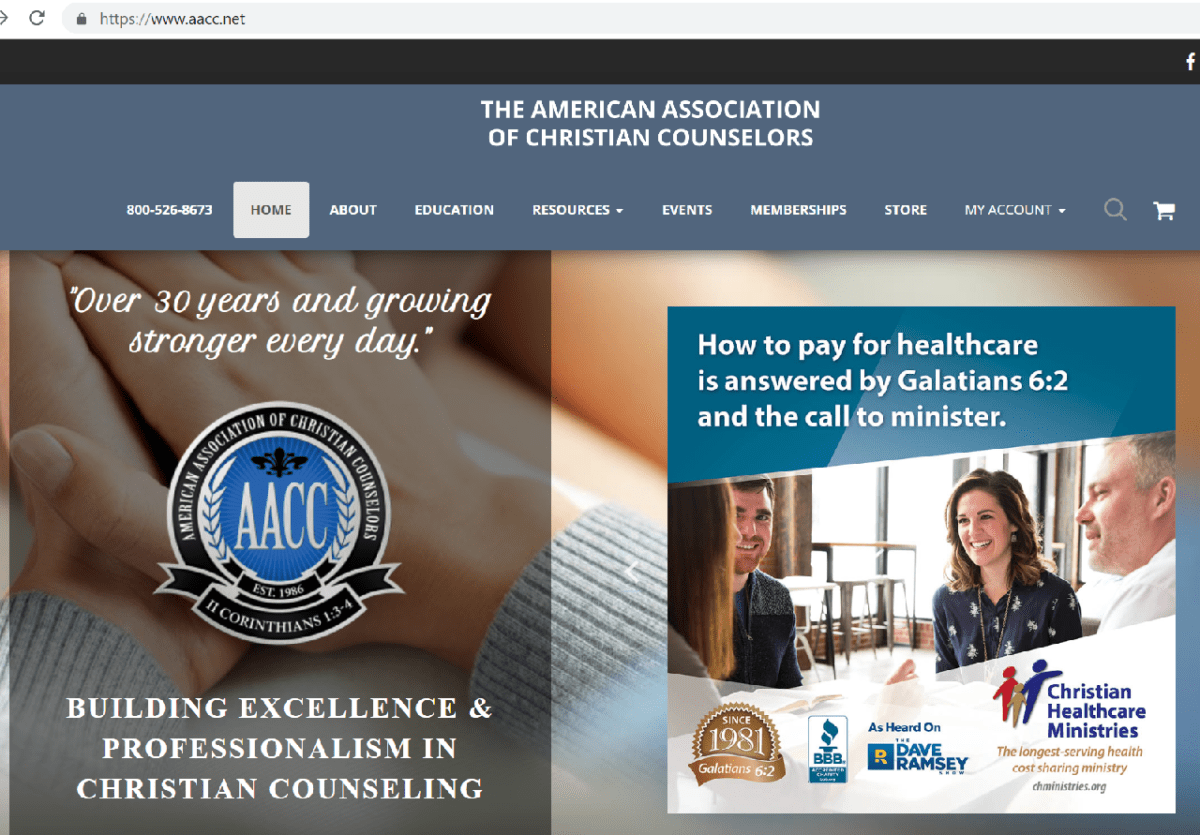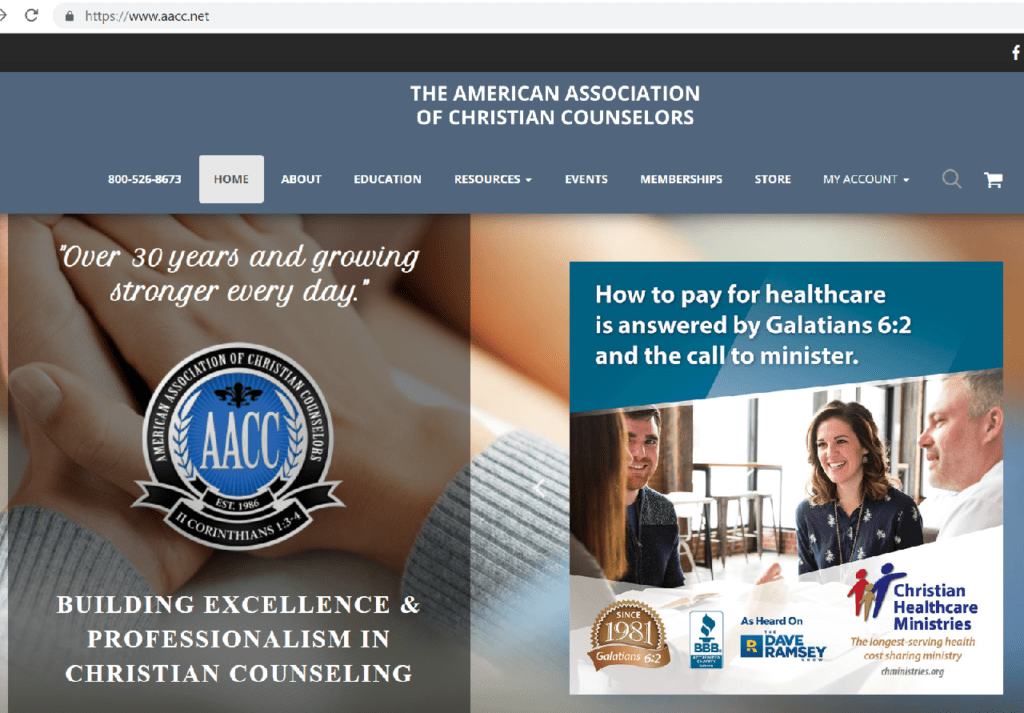Just days after Josh McDowell created of firestorm over comments about black and minority families at the American Association of Christian Counselors conference in Orlando, Fl, he announced a pause from his ministry. This announcement came on Twitter earlier today:
Statement directly from Josh McDowell: pic.twitter.com/bLbU2eXoE3
— Josh McDowell (@josh_mcdowell) September 22, 2021
McDowell cited the leadership of the campus ministry Cru as being involved in the decision. I speculate that McDowell’s comments damaged their work on campuses around the nation.
Last Saturday night (Sept 18) McDowell spoke at the American Association of Christian Counselors conference in Orlando, FL. He gave a speech decrying critical race theory and social justice. A friend of Central Baptist College professor Aaron New who was at the conference and in McDowell’s plenary session related an offensive quote which Dr. New posted on Twitter. I posted the relevant audio clip which set off a torrent of negative reaction. The next day McDowell issued an apology (see below).
I’m sitting here kinda stunned. I have a friend at the @theaacc World Conference.
And in his tirade against CRT, @josh_mcdowell just said this:
“Black people don’t have access to opportunities, they say. But it’s because they weren’t raised to value education and hard work.”
— Aaron New (@DrAaronNew) September 18, 2021
The audio:
Here is the clip in question; not dramatically different. https://t.co/TqqX02GyqQ pic.twitter.com/PL4RjrFHoC
— Warren I Got the Shotmorton (@wthrockmorton) September 19, 2021
In the clip, McDowell said:
Everybody says blacks, whites everybody has equal opportunity to make it in America. No they don’t, folks. I do not believe Blacks, African-Americans or other minorities have equal opportunities. Why? Most of them grew up in families where there is not a great emphasis on education, security. You can do anything you want; you can change the world. If you work hard, you will make it. So many African-Americans don’t have those privileges like I did. My folks weren’t very rich, in fact, they were a poor farming family. But the way I was raised, I had advantages in life ingrained into me. You can do it! Get your education! Get a job! Change the world! And that makes different opportunities.
McDowell’s statement:
A statement from Josh McDowell: pic.twitter.com/MhYaL2iA28
— Josh McDowell (@josh_mcdowell) Sespeech ptember 19, 2021
I wrote this last Sunday:
To me, this rings a little hollow since McDowell didn’t address his bombastic criticism of structural racism. In his statements, he completely ignored the actual reasons for lack of equity in opportunity. He told us in his apology what he didn’t mean, but he didn’t tell us what he did mean. He spent the first 10 minutes of his AACC speech blasting the concept of structural impediments to equity. So Mr. McDowell, what is the reason for lack of equal opportunity?
I hope this incident will be a teachable moment for white evangelicals who have mindlessly accepted the word of their talking heads about CRT. Brother Josh sees through a glass darkly, but he isn’t all the way to a clear view yet. I hope his awakening will be more than from a PR nightmare..
It appears that Mr. McDowell and those around him believe this incident will require more than an apology. Good for them. I hope they really will listen and learn.
Josh McDowell was not only one at the AACC conference who displayed antagonism toward systemic understanding of racism. I continue to call on Tim Clinton and the AACC to respond as well.
Hat tip – Bob Smietana, Religion News Service



